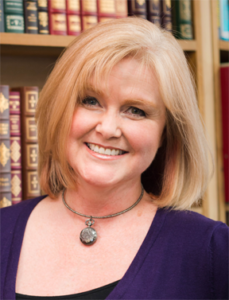By DeAnna Cameron //
Toward or towards? Backward or backwards? Afterward or afterwards? To many ears, both sound right, and basically, they are. You can also find examples of both throughout literature. So why are there two versions?
It boils down to geography.
American English prefers “toward,” “backward,” and “afterward,” and British English prefers “towards,” “backwards,” and “afterwards.”
If you’re a U.S.-based writer with a preference for the “s” ending, the word police might balk, but it’s a valid choice. If you decide to break with the norm, however, keep these two things in mind:
- Be sure you make the choice consistently throughout your manuscript, so a reader doesn’t think it’s an error or sloppy writing.
- Make a note about your choice in your style guide or style sheet (Don’t know what those are? Click HERE) and share it with any editors who work on the manuscript so they understand the choice is deliberate.
What other British English vs. American English spellings do you tend to see in fiction? Please share them in the comments section.
 DEANNA CAMERON is the founder and managing director of O.C. Writers. She’s also a hybrid author currently writing YA dark fantasy as D.D. Croix and an occasional copy editor who’s never met an Oxford comma she didn’t like. Learn more at www.DDCroix.com.
DEANNA CAMERON is the founder and managing director of O.C. Writers. She’s also a hybrid author currently writing YA dark fantasy as D.D. Croix and an occasional copy editor who’s never met an Oxford comma she didn’t like. Learn more at www.DDCroix.com.

